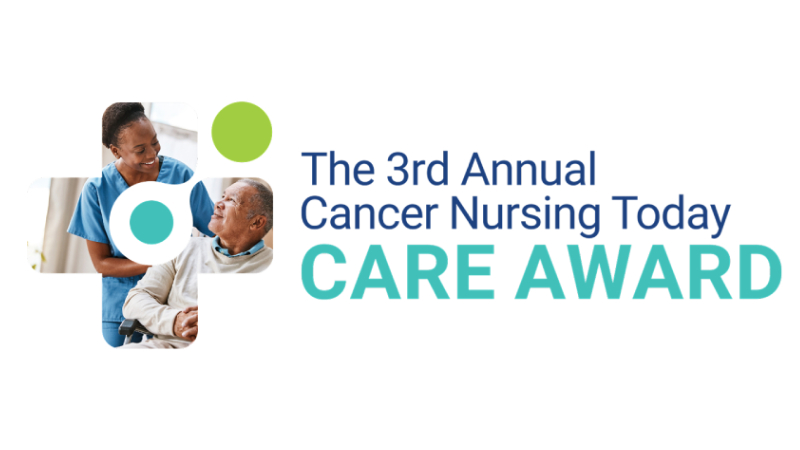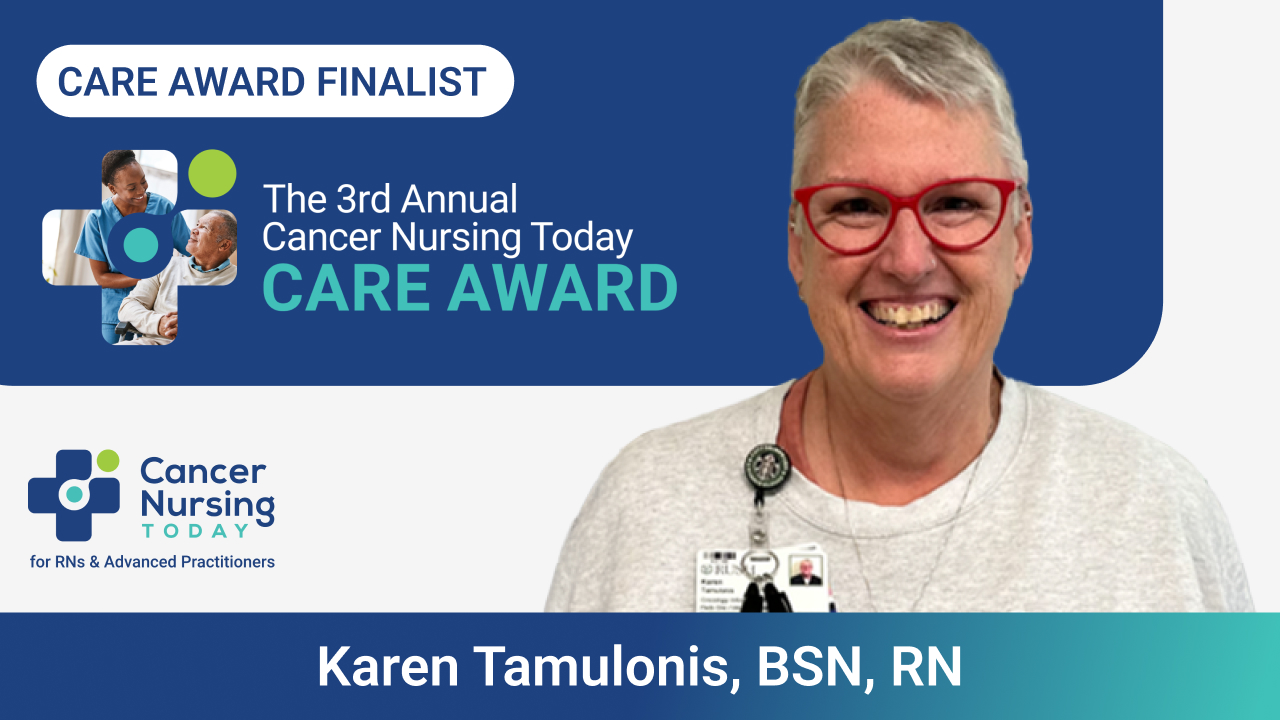The study underscored the importance of shared treatment decision-making and frailty evaluations for preoperative planning.
Gynecologic Oncology
Learn about the newest therapies, interventions, and clinical research in gynecologic oncology (gyn-onc). Cancer Nursing Today has up-to-date perspectives and information on cervical cancer screening, risk factors for ovarian and endometrial cancers, and more. From ovarian cancer detection to the latest clinical trial data, learn how gyn-onc research and treatment are progressing.
Ovarian cancer can pose a significant psychological impact on young and middle-aged patients who may be prone to rumination.
The study leveraged AI to analyze more than a decade of social media content about the experiences of transgender patients.
Patients with gynecologic cancer in Zambia are often forced to self-navigate their care between healthcare professionals.
MD Candidate Komal Hombal discusses her research on patient anxiety before and after gynecologic oncology consultations.
A recent study suggests that precision medicine programs may be able to target differences in gut microbiota.
Increased travel time and rural residence were each associated with lower odds of receiving certain types of treatment.
Early referral to a fertility specialist and individualized care plans can help patients navigate their options.
Researchers highlighted that patients with poor access to transportation are at risk of protracted or incomplete treatment.
The researchers explored the effect and acceptance of scalp cooling in patients with gynecologic cancer residing in Asia.
A theory-driven and culturally tailored educational program showed a “positive impact” on cervical cancer screening ...
Trending
Studying for certification tests can be intimidating. Here are some essential tips to help you do your best.
These tips are important resources for oncology nurses who are recent graduates and experienced nurses new to this specialty.
With the shift in cancer care to the ambulatory care setting, a dedicated oncology nurse educator is a key asset to nurses.
Gastroparesis occurs in 60% of patients with advanced pancreatic cancer, and is frequently overlooked in upper GI tumors.
More unique, non-traditional jobs are emerging for oncology nurses to consider outside traditional positions.
Alkaline phosphatase may serve as a discriminating marker in detecting bone lesions in patients with multiple myeloma.





















 © 2025 Mashup Media, LLC, a Formedics Property. All Rights Reserved.
© 2025 Mashup Media, LLC, a Formedics Property. All Rights Reserved.